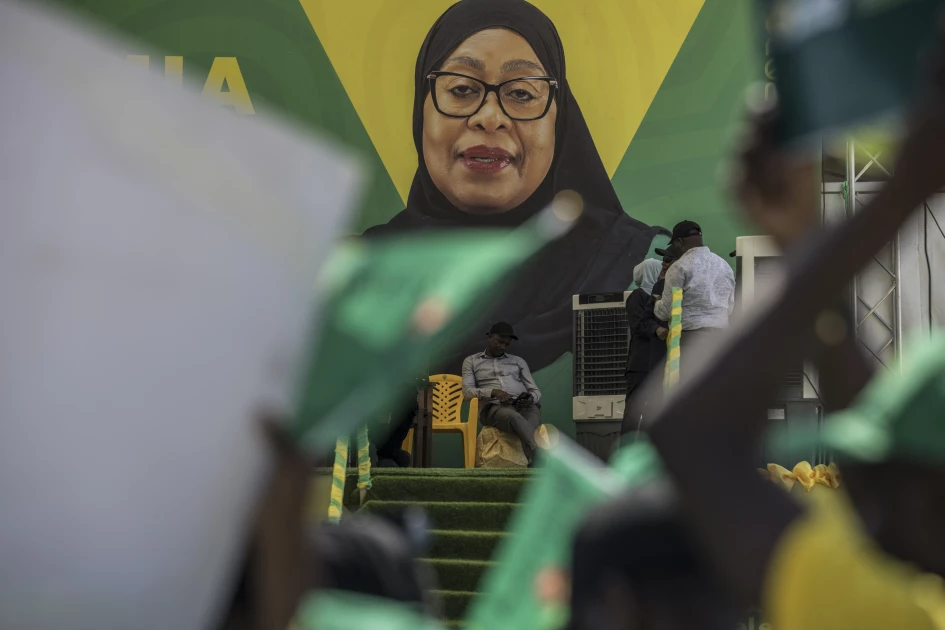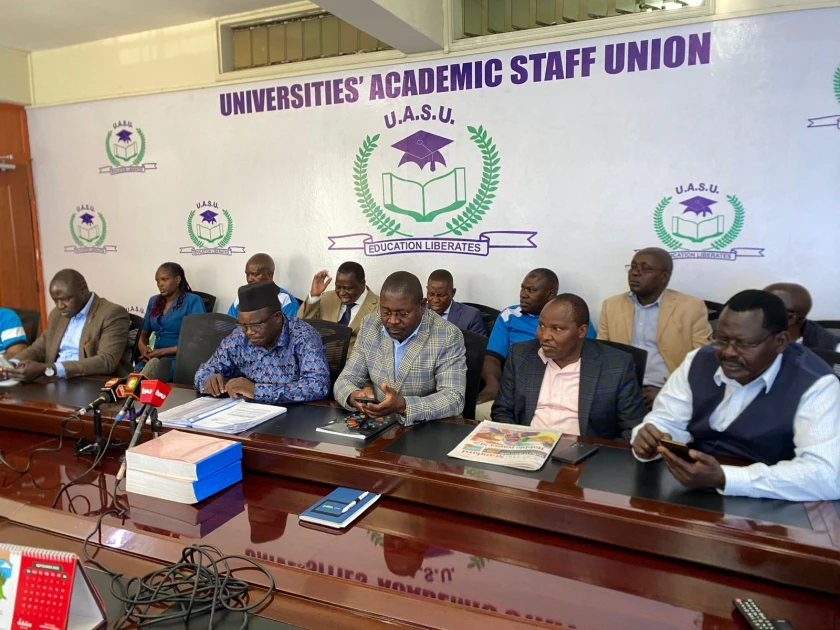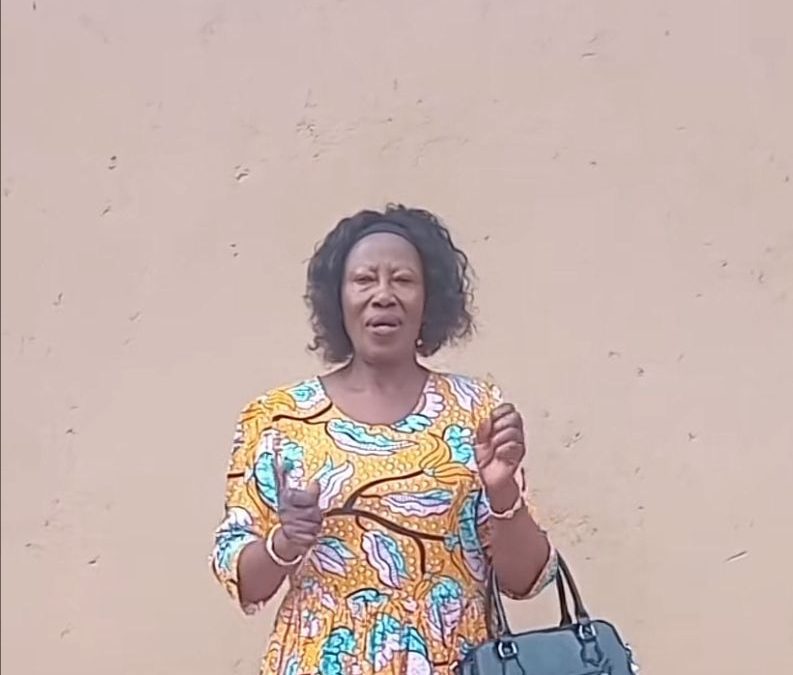Murder and Kidnap Define Tanzania’s ‘New Normal’ as Elections Near

A wave of fear and repression has gripped Tanzania as the nation heads into presidential and parliamentary elections. Reports of killings, kidnappings, and intimidation have cast a dark shadow over the campaign period, leaving critics and human rights observers deeply alarmed.
Among the most chilling incidents was the brutal attack on Father Charles Kitima, a Catholic priest who suffered severe head injuries after meeting with faith leaders to discuss democracy. “We see abductions, disappearances, killing of politicians, but there is no condemnation from the government,” Kitima said in a phone interview. “The police know who attacked me, but there has been no report. Whoever criticises the ruling party is not safe.”
What Is Happening in Tanzania’s Political Landscape?
President Samia Suluhu Hassan, now 65, is reportedly seeking a sweeping victory similar to the 99 percent her ruling Chama Cha Mapinduzi (CCM) party claimed in local elections last year. Her main challenger, Tundu Lissu, faces treason charges that could carry the death penalty, while his opposition party, Chadema, has been banned from participating. The only other serious contender, Luhaga Mpina of ACT Wazalendo, was disqualified on technicalities, leaving voters with limited choices and critics accusing the government of orchestrating an unopposed election.
According to the Tanganyika Law Society, at least 83 abductions have been confirmed since Hassan took power in 2021, with 20 more reported in recent weeks. Among the victims was Ali Mohamed Kibao, a senior Chadema official whose body was found doused in acid in September 2024. In another incident, former ambassador Humphrey Polepole went missing on October 6, months after he resigned in protest against Hassan’s leadership. His family discovered his home in disarray, with broken doors and bloodstains on the floor.
Youth leader Abdul Nondo from ACT Wazalendo also recounted being abducted after an opposition rally. “You talk so much we, ’re going to kill you,” he recalled his abductors saying. Beaten and dumped on a beach, Nondo said he refuses to be silenced: “If they want to kill me, let them kill me, but I cannot keep quiet. This is my country.”
Has Tanzania Returned to an Era of Repression?
Tanzania’s democratic hopes once soared when Hassan assumed office in 2021 following the sudden death of former president John Magufuli. Her early steps toward media freedom and civil engagement raised optimism. However, analysts now say those reforms were short-lived.
“She has done nothing to remove the ‘thugs’ with which Magufuli stacked the intelligence service,” said an analyst based in Dar es Salaam. “We thought Magufuli was a blip and the 2020 elections were an abnormality. I worry that this is the new normal. It’s like a coup where the military has tasted power and now refuses to go back to the barracks.”
Despite the tense climate, protests remain unlikely. Most Tanzanians are more focused on economic opportunities than political reform. The World Bank reports a 5.5 percent growth rate last year, driven by agriculture, mining, and tourism. President Hassan continues to emphasize major infrastructure projects and universal health insurance as the foundation of her campaign.
Analysts suggest that many citizens are still willing to back the ruling party if it delivers visible progress. Yet others, like Boniface Mwabukusi, president of the Tanganyika Law Society, hope that Hassan’s expected win will create space for reconciliation. “They need to open the door and be ready to sit at the table to find an amicable solution,” he said.
For now, as Tanzania approaches election day, the nation stands divided between promises of progress and the painful reality of fear, an uneasy balance that defines what many now call the country’s “new normal.”
By Lucky Anyanje










